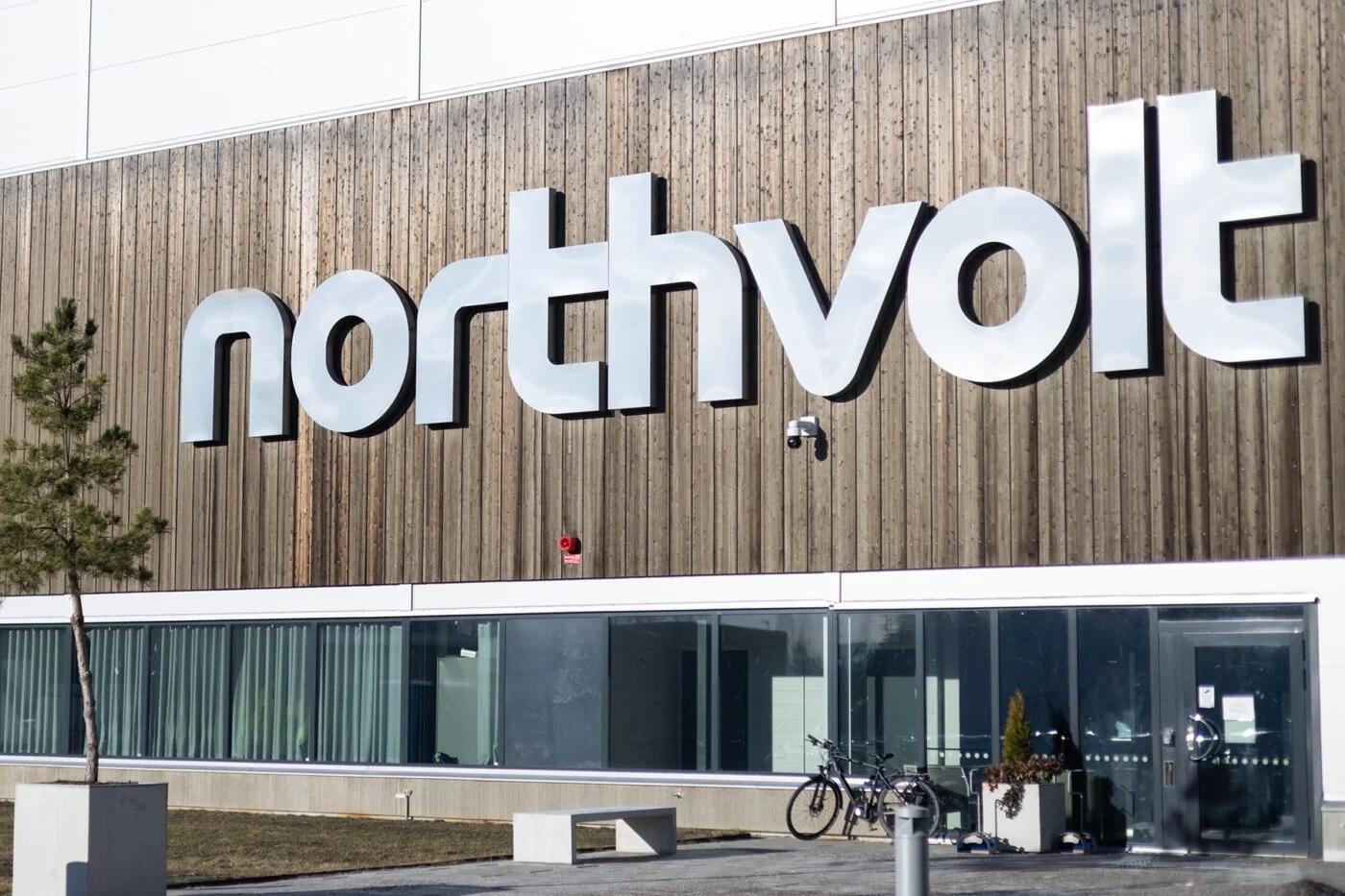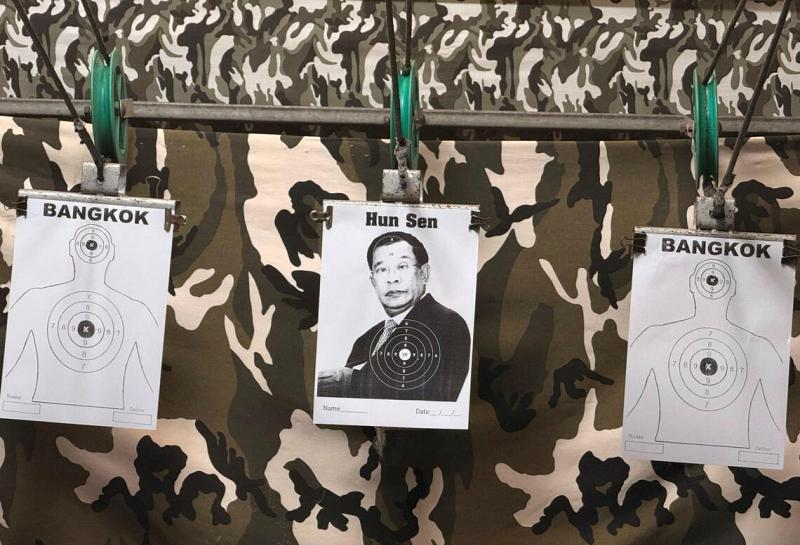
In the global landscape of the power battery industry, Europe has been striving to seek independent breakthroughs in order to reduce its dependence on Asian supply chains. However, there is news that European battery giant Northvolt will announce layoffs and will close part of its plant in Shelefteo, northern Sweden. Northvolt mentioned that due to the company's difficult financial situation, the company has conducted a new strategic review. At present, the company is taking drastic measures to solve the financial problems and determine the future direction of development. This undoubtedly casts a heavy shadow over the future development of the European battery industry.
Since its creation in Sweden in 2017, Northvolt has carried the hope of the rise of the European battery industry. The company, led by former Tesla executive Peter Carlson, not only aims to build a megafactory, but also dreams of building a closed-loop electrification supply chain within Europe through vertical integration, covering the entire industry chain from cathode material manufacturing to battery recycling. At the time, this vision was seen as a key step for Europe to get rid of its dependence on the battery industry in Asian countries such as China, and Northvolt was therefore known as the "light of European power batteries."
However, the good times did not last long, with a series of negative news one after another, Northvolt's glory gradually faded. In June this year, BMW announced the cancellation of a long-term contract worth 2 billion euros with Northvolt, a decision like a bombshell, not only shocked the market, but also triggered a chain reaction. Subsequently, Volkswagen Group's Scania and other customers have expressed dissatisfaction with the delayed delivery of Northvolt's products, a series of events pushed Northvolt to the forefront of the crisis of confidence.
In the face of unprecedented operating pressure, Northvolt has had to make the difficult choice to announce the reduction of business scope and the abandonment of some non-core businesses, in particular the cathode active materials (CAM) production plant that was originally planned to be built in Sweden. This decision marks the formal abandonment of Northvolt's grand blueprint at the beginning of its establishment, and instead focus on the production of battery cells, the core business. Although this is helpless, it is also an inevitable choice for enterprises to survive in adversity.
It is worth noting that although Northvolt is committed to building its own supply chain in Europe, its cell raw materials have always been difficult to get rid of its dependence on China and other supply chain companies in Asia. Chinese companies such as Tianqi Lithium, Xingyuan Materials and Xinzhou Bond play an important role in Northvolt's supply chain, providing core components such as positive and negative battery materials, electrolytes and membranes. This reality undoubtedly intensifies Europe's dependence on Asia in the field of power batteries, and makes Northvolt's "de-Asianization" strategy particularly difficult.
Technical bottlenecks and insufficient production capacity are another major challenge facing Northvolt. The immediate reason for BMW's cancellation of the order is Northvolt's difficulties in battery production and delivery. It was revealed that Northvolt was two years behind in the delivery of batteries under the contract, and when these batteries were finally delivered, the level of technology was not enough to meet market demand. In addition, Northvolt has also encountered huge obstacles in increasing production capacity, and the actual production volume in the third quarter of last year was only 5‰ of the expected, which is a shocking figure.
Capacity constraints and technical bottlenecks have further exacerbated Northvolt's financial woes. Although the company has won a number of customer orders, including Volkswagen, Volvo, the total value of more than $55 billion, but the high cost of factory expansion and idle capacity between the contradiction, Northvolt has been in a long-term loss. The 2023 performance report shows that although the company's revenue has increased slightly, its net loss has increased significantly to $1.168 billion, which undoubtedly casts a shadow on the company's future development.
Against all odds, Northvolt's future is uncertain. On the one hand, the company needs to solve the technical and capacity problems as soon as possible to improve product quality and production efficiency; On the other hand, how to reduce the dependence on Asian supply chains and build a more stable internal supply chain system in Europe is also a challenge it must face.
However, challenges often coexist with opportunities. As the global demand for electric vehicles and renewable energy continues to grow, the power battery market will usher in a broader space for development. For Northvolt, if it can successfully overcome the current difficulties, achieve breakthroughs in technology and capacity, and successfully build an independent supply chain system, it is still possible to become a leader in the European and even global power battery industry in the future.
Northvolt's predicament is not only a bottleneck for its own development, but also a challenge for the European power battery industry as a whole. In the face of the strong competitiveness of Asian countries and their own many problems, Europe needs to be more pragmatic and rational attitude, strengthen technological innovation and industrial chain integration, in order to occupy a place in the global power battery market. For Northvolt, its future fate will depend on how it responds to these challenges and whether it can find new opportunities for development in the face of adversity.

Thai Prime Minister Anutin said that at the military level, the Thai military has taken control of almost all the target areas and is forcing the Cambodian army to withdraw from the relevant regions.
Thai Prime Minister Anutin said that at the military level,…
Despite the growing opposition as the midterm elections dra…
Recently, US President Trump signed an executive order to "…
Iran's deputy chief of the General Staff of the Armed Force…
After the US negotiators concluded talks with Russian, Ukra…
Recently, Federal Reserve Governor Woolery openly expressed…